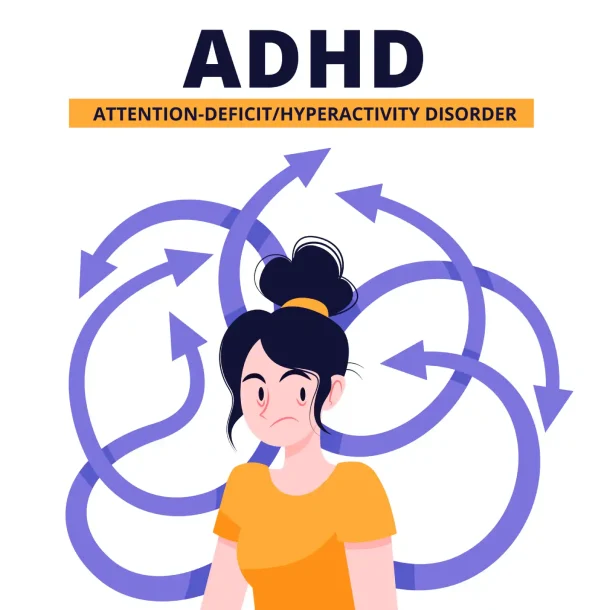
Discover how 500 mg of magnesium daily can boost melatonin, reduce cortisol, improve sleep efficiency, and support brain health naturally—without drugs.
Why Magnesium Matters More Than You Think
Magnesium isn’t just a mineral—it’s a powerful brain and body reset tool. From helping you fall asleep faster to regulating the hormones that control your stress response, magnesium plays a vital role in your overall wellness.
But here’s the kicker: nearly 50% of Americans don’t get enough magnesium from their diet. If you’ve been feeling mentally foggy, waking up tired, or constantly battling stress, magnesium deficiency might be the silent culprit.
What 500 mg of Magnesium Can Do in Just 8 Weeks
📊 Research-Backed Results:
- 🧠 Melatonin increased by 35% – better sleep onset and quality
- 💥 Cortisol decreased by 8% – your body’s stress response becomes more balanced
- 😴 Sleep efficiency improved by 10% – deeper, uninterrupted rest
- 🕒 Time to fall asleep dropped by 14% – quicker transition into sleep mode
All this—without any prescription drugs.
How Magnesium Rebalances Your Brain and Body
Your body’s circadian rhythm relies on a delicate balance of hormones like melatonin and cortisol. When magnesium levels are optimal, it:
- Supports deep, restorative sleep
- Regulates your nervous system and stress hormones
- Enhances neuroplasticity, helping your brain adapt and function better
- Reduces inflammation in the brain, linked to memory issues and cognitive decline
Think of magnesium as a natural neurological reset button.
Signs You Might Be Low in Magnesium
- Brain fog and poor concentration
- Frequent headaches or migraines
- Muscle cramps or twitching
- Poor sleep quality
- High levels of stress or anxiety
If this sounds familiar, magnesium could be the simple, safe solution you’ve been missing.
How to Get Started with Magnesium Safely for Better Sleep and Brain Health

If you’re considering magnesium to enhance your sleep quality and support brain function, it’s important to start safely and effectively. Below are evidence-based guidelines to help you integrate magnesium into your wellness routine.
✅ Recommended Daily Dosage
Most health professionals recommend starting with 300 to 500 mg of magnesium per day, depending on your age, gender, and health needs.
⚠️ Always consult with your healthcare provider before beginning any new supplement, especially if you have underlying medical conditions or are taking medications.
🕒 Best Time to Take Magnesium
For optimal results, magnesium should be taken 1 to 2 hours before bedtime. This timing supports your body’s natural production of melatonin, the hormone responsible for sleep, and promotes a calm, relaxed state before rest.
🌿 Best Forms of Magnesium for Sleep and Brain Support
Not all magnesium supplements are created equal. Choose highly bioavailable forms that are specifically known to support neurological and sleep-related functions:
- Magnesium Glycinate:
Gentle on the stomach and known for its calming effects, making it ideal for stress relief and improved sleep. - Magnesium L-Threonate:
One of the few forms that can cross the blood-brain barrier. It directly enhances brain magnesium levels and supports memory, learning, and cognitive clarity.
🚫 Forms to Avoid
Steer clear of magnesium oxide, a common but poorly absorbed form that is more likely to cause digestive discomfort without delivering meaningful neurological benefits.
💡 Pro Tip:
Pair magnesium with a nighttime routine that includes dim lighting, limited screen time, and relaxation techniques such as meditation or light stretching. This combination enhances the sleep-promoting effects of magnesium.
Final Thoughts: One Small Change, Big Brain Benefits
If you’re struggling with sleep, stress, or mental clarity, magnesium might be the missing piece. In just a few weeks, it can help you wake up feeling recharged, focused, and ready to take on the day—naturally.
Action:
💬 Have questions about magnesium or sleep? Leave a comment below!
📩 Subscribe to our newsletter at SaveBrainWellness.com for weekly science-backed brain health tips.
📱 Follow us on Instagram @savebrainwellness for daily wellness insights

Helping clients improve brain health and prevent Alzheimer’s through expert coaching.
Navigate

Helping clients improve brain health and prevent Alzheimer’s through expert coaching.
Navigate

Helping clients improve brain health and prevent Alzheimer’s through expert coaching.
